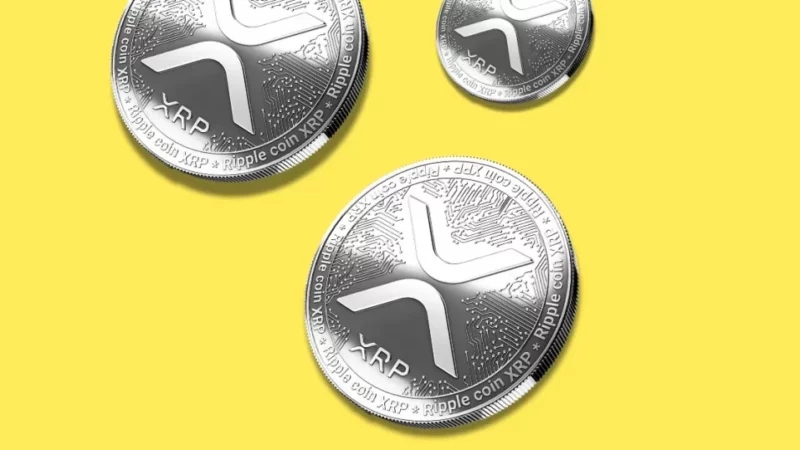OpenAI launches next gen LLM model o1 using reasoning tokens to plan outputs
OpenAI has released a new series of AI models called OpenAI o1, designed to enhance reasoning capabilities for solving complex problems. The o1-preview and o1-mini models aim to spend more time thinking through problems before generating responses, potentially benefiting fields like science, coding, and mathematics.
As OpenAI reported, these models learn to refine their thinking processes through training, enabling them to try different strategies and recognize mistakes. In tests, the upcoming model update performed on par with PhD students in challenging benchmark physics, chemistry, and biology tasks. The reasoning model significantly outperformed previous models, solving 83% of problems in a qualifying exam for the International Mathematics Olympiad, compared to GPT-4’s 13%.
For developers, the o1 series offers enhanced coding abilities, reaching the 89th percentile in Codeforces competitions. OpenAI o1-mini, a smaller and more cost-effective model, is 80% cheaper than o1-preview and excels at generating and debugging complex code.
These advancements may have implications for the crypto industry, where complex code and mathematical reasoning are critical. The improved reasoning and coding capabilities of the o1 models could benefit smart contract development, blockchain protocol analysis, and security auditing.
OpenAI has also implemented a new safety training approach for these models, allowing them to better adhere to safety and alignment guidelines by reasoning about policies via chain of thought. On challenging jailbreaking tests, the o1-preview model scored significantly higher in maintaining adherence to safety rules compared to GPT-4.
Greg Brockman, OpenAI’s president and co-founder, says the o1 technology provides new safety opportunities and has shown improvements in reliability, hallucinations, and robustness to adversarial attacks. He highlights that the models’ ability to reason step by step unlocks “System II thinking,” enabling them to handle more complex tasks.
The o1 models are currently available to ChatGPT Plus and Team users, with access for Enterprise and Edu users to follow. Developers with qualifying API usage tiers can start prototyping with both models, although certain features like function calling and streaming are not yet supported.
OpenAI plans to continue developing and releasing models in the GPT and o1 series, aiming to make them more useful by adding features such as browsing and file and image uploading.
The post OpenAI launches next gen LLM model o1 using reasoning tokens to plan outputs appeared first on CryptoSlate.


